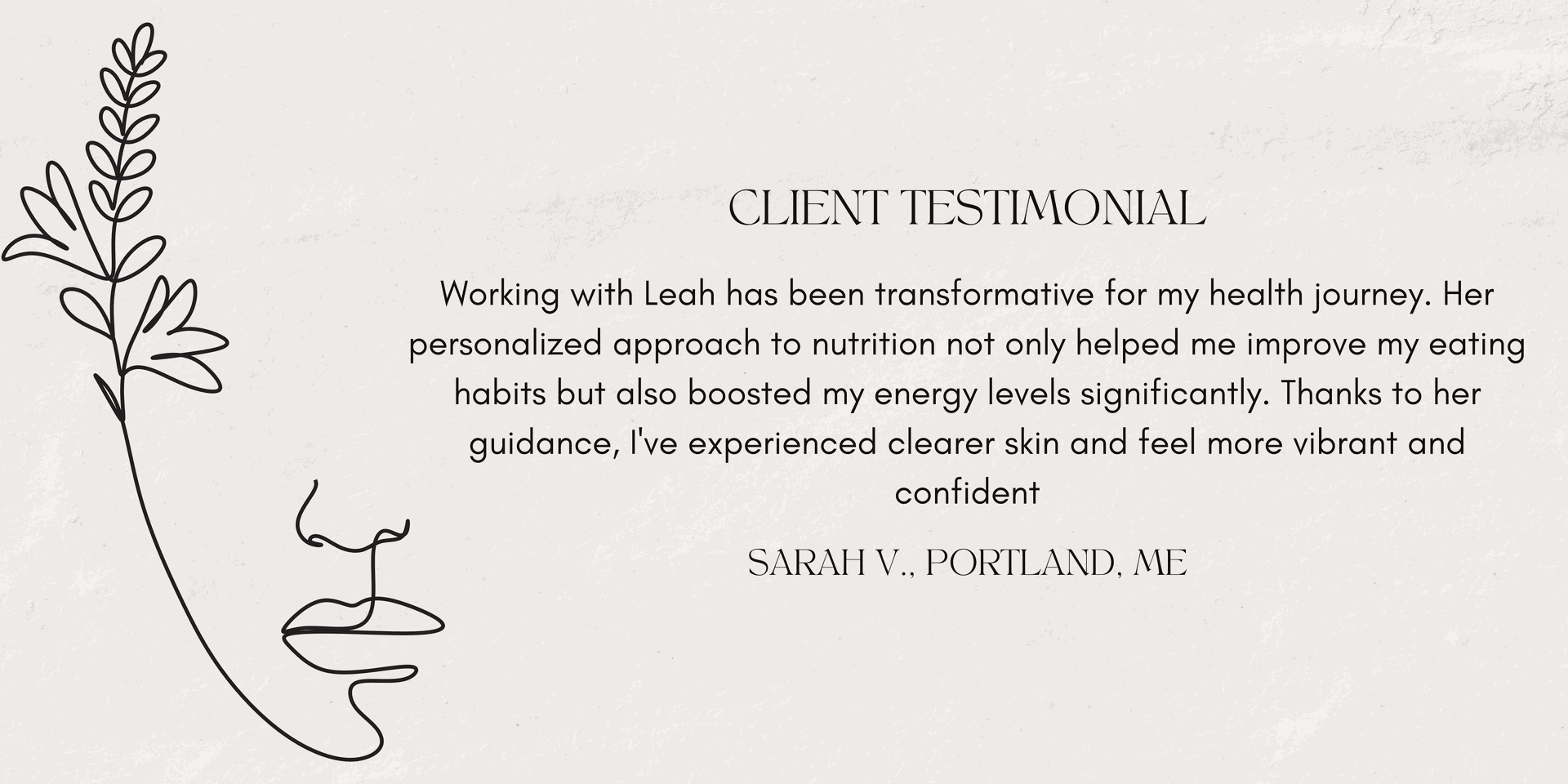While there's no denying the temporary benefits of a well-curated skincare routine, it's easy to overlook the foundational role that nutrition plays in our skin's health.

A Mirror to Our Dietary Habits
Our skin, the body's largest organ, is a reflection of our overall health, particularly our nutritional status. It's constantly renewing itself, shedding old cells, and generating new ones, a process that's heavily dependent on a steady supply of nutrients. This renewal process is critical for maintaining the skin's barrier, elasticity, and glow. However, when our diet lacks the necessary building blocks, our skin is often the first to show signs of deficiency.
Nutritional Physiology and Skin Health
The connection between nutrition and skin health is deeply rooted in physiological processes. Nutrients act at a cellular level, influencing skin development, repair, and protection. For example, proteins are crucial for the production of collagen and elastin, fibers that give our skin its firmness and elasticity. Healthy fats, particularly omega-3 fatty acids, support skin hydration and can help manage inflammatory conditions like eczema or psoriasis.
Antioxidants play a vital role in protecting the skin from oxidative stress caused by environmental aggressors such as pollution and UV radiation. This oxidative stress can lead to premature aging, including wrinkles and uneven skin tone. By consuming foods rich in antioxidants, we can increase our skin's defense mechanism against these effects.
The Natural Origins of Skincare
Interestingly, many skincare products draw their efficacy from compounds that are naturally present in the foods we eat. Here are four examples:
- Vitamin C: A staple in brightening serums, vitamin C is a potent antioxidant found in citrus fruits, strawberries, and bell peppers. It's revered in skincare for its ability to neutralize free radicals and stimulate collagen production, leading to brighter, firmer skin.
- Hyaluronic Acid: Known for its incredible ability to retain moisture, hyaluronic acid is naturally present in root vegetables, avocados, and leafy greens. In skincare, it's praised for its hydrating properties, offering plump and elasticity to the skin.
- Retinol (Vitamin A): Foods like sweet potatoes, carrots, and dark leafy greens, contain Vitamin A. Its topical form, retinol, is a skincare favorite for its ability to accelerate cell turnover, reducing the appearance of fine lines and improving texture.
While it's tempting to seek out miracle creams and serums, it's important to remember that skin health is deeply intertwined with our nutritional intake. By focusing on a balanced, nutrient-rich diet, we provide our skin with the tools it needs to remain healthy, resilient, and vibrant.
Skin-Healthy Breakfast Parfait
Ingredients:
- 1/2 cup Greek yogurt
- 1/4 cup crushed walnuts or slivered almonds
- 1/4 cup mixed berries (blueberries, strawberries)
- 1/4 cup diced mango
- 1 tablespoon hemp seeds
- 1 tablespoon sunflower seeds
- 1 tablespoon pumpkin seeds
- 1 teaspoon honey (optional, for sweetness)
- A dash of cinnamon (optional, for flavor)